Cart
Subscribe-n-Save!
Sign up for our auto-delivery service and never run out of your favorite oral spray vitamins and supplements. To take advantage of our Subscribe-n-Save program, simply choose the "Subscribe" option when purchasing any of our products. You'll also get your First Month FREE + Free Shipping + 40% Off Forever! Now it's practically free to stay healthy!
FREE Month + FREE Shipping + 40% OFF Forever!
What Are Vitamins?
Vitamins are important micronutrients required by the body to carry out a range of normal functions. However, these micronutrients are not produced in the body and therefore must be derived from the outside sources such as supplements. A vitamin deficiency occurs when you do not get enough of a certain vitamin, which could lead to health problems. Each of the vitamins listed below have an important job within the body.
Soluble Vitamins
These vitamins need replenishment in your body more often because they are not stored in your tissues and you should take small doses more often to achieve effectiveness. The nine water-soluble vitamins are Vitamin C and all the B vitamins. Fat-soluble vitamins play integral roles in a multitude of physiological processes such as vision, bone health, immune function, and coagulation. These vitamins are stored in your system for longer periods of time, but may need supplementation. The four fat-soluble vitamins are vitamins A, D, E, and K.
What Are Minerals?
Minerals are a class of micronutrients that are vital for the body to carry out a range of normal functions. However, these inorganic components are not produced in the body and therefore must be derived from the outside sources such as supplements. A mineral deficiency occurs when you do not get enough of a certain mineral, which could lead to a multitude of issues in your cells both physiologically and biochemically. Each of the minerals listed below have an important job within the body.
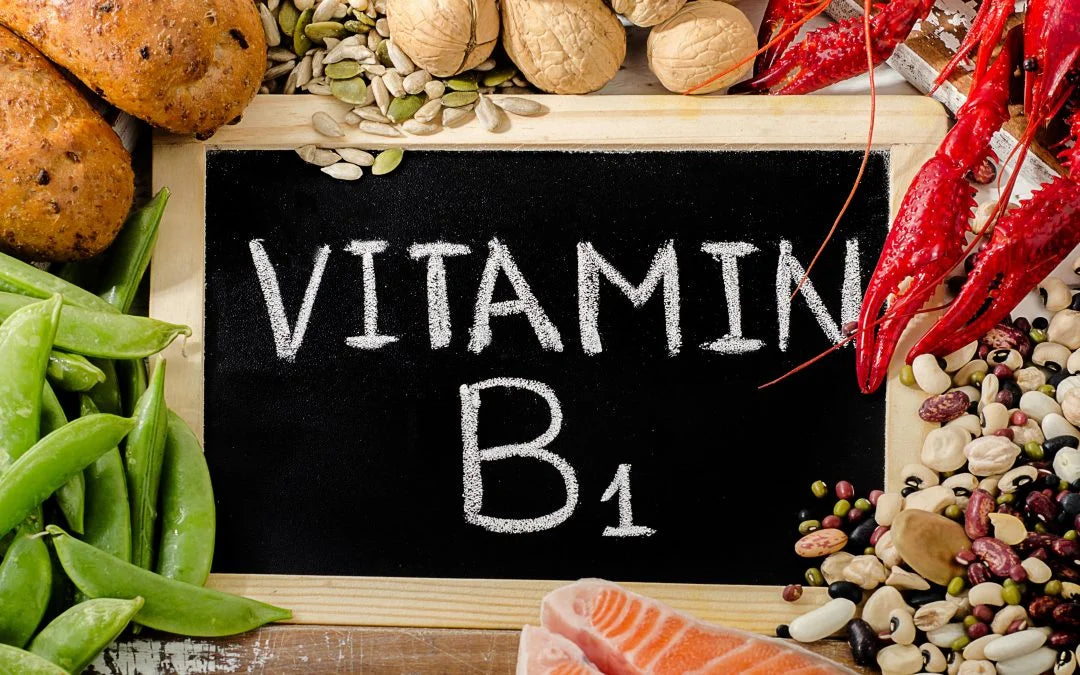
Vitamin B1 (Thiamine)
Vitamin B1, known tomost people as Thiamine, helps the body cells change carbohydrates into energy. Getting enough carbohydrates is very important during pregnancy and breastfeeding. Vitamin B1 supplements are commonly used for heart function and healthy nerve cells. The National Institutes of Healh (NIH) has a Vitamin B1 recommended daily allowance (RDA) for adults of 1.2 mg per day.
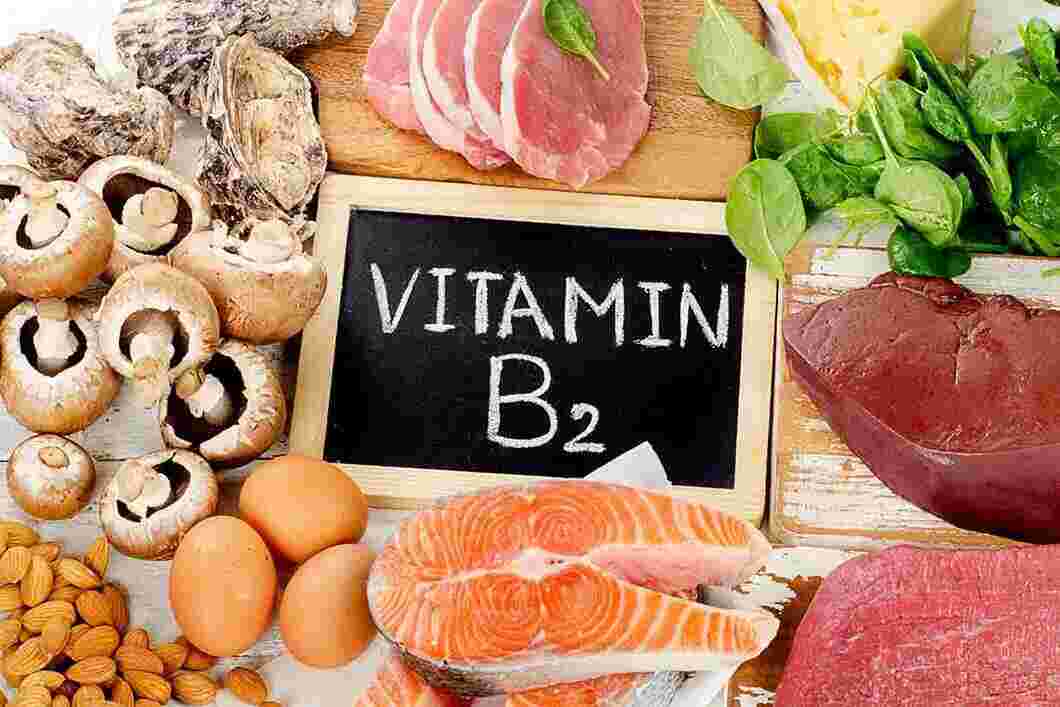
Vitamin B2 (Riboflavin)
Vitamin B2, often referred to as Riboflavin, works with the other B vitamins and is important for body growth and the production of red blood cells. Vitamin B1 supplements are commonyl used to assist the body in breaking down protein, fats, and carbohydrates and is vital in helping produce energy from proteins. The National Institutes of Healh (NIH) has a Vitamin B2 recommended daily allowance (RDA) for adults of 1.3 mg per day.

Vitamin B3 (Niacin)
Vitamin B3, also known as Niacin, is a B vitamin that helps maintain healthy skin, heart, and nerves, and is part of an enzyme that is needed for both the nervous and digestive system. Vitamin B3 supplements are commonly used to lower triglycerides and for energy metabolism. The National Institutes of Healh (NIH) has a Vitamin B3 recommended daily allowance (RDA) for adults of 16 mg per day.
Shop Now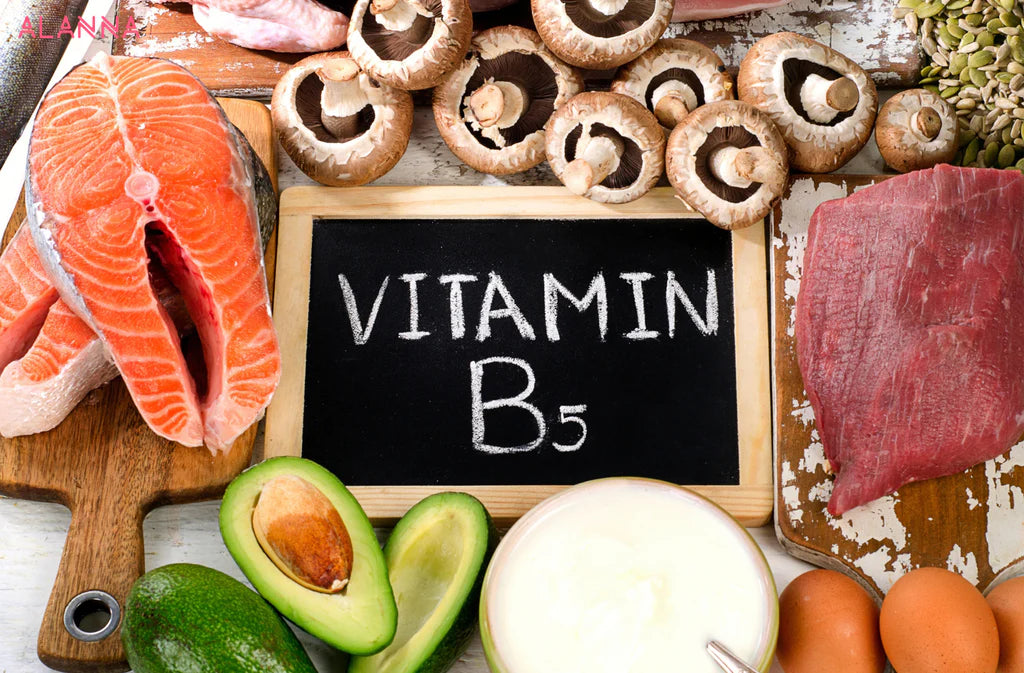
Vitamin B5 (Pantothenic Acid)
Vitamin B5, also known as Pantothenic Acid, is essential for the metabolism of food. Vitamin B5 supplements are commonly can play a role in the production of hormones and cholesterol. The National Institutes of Healh (NIH) has a Vitamin B5 recommended daily allowance (RDA) for adults of 5 mg per day.

Vitamin B6 (Pyridoxine)
Vitamin B6, also called pyridoxine, is responsible for the creation of red blood cells, this is one of the larger subgroups of B vitamins and it is important in both the metabolism of nutrients and brain function. Vitamin B6 supplements are commonly play an important role in the proteins that are part of many chemical reactions in the body. The more protein you eat the more pyridoxine your body requires. The National Institutes of Healh (NIH) has a Vitamin B6 recommended daily allowance (RDA) for adults of 1.3 mg per day.

Vitamin B7 (Biotin)
Biotin is one of the B family of vitamins and essential for the metabolism of proteins and carbohydrates, and in the production of hormones and cholesterol. Your body needs Biotin to help translate certain nutrients into energy and it also plays a key part in the role of improving your hair, skin, and nails. Vitamin B7 supplements are commonly used for Biotin deficiency, hair loss, brittle nails, and other conditions. The National Institutes of Healh (NIH) has a Vitamin B7 recommended daily allowance (RDA) for adults of 30 mcg per day.
Shop Now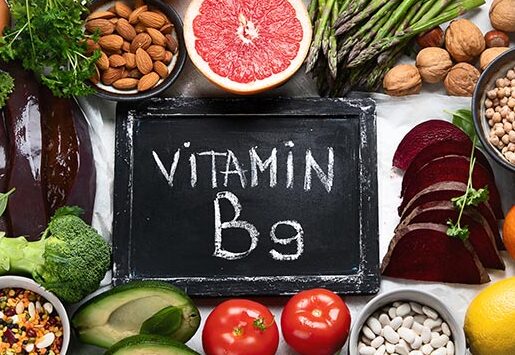
Vitamin B9 (Folic Acid)
Folic acid, also known as Folate, is a crucial B vitamin that is a key component for your metabolism and works with vitamin B12 to help form red blood cells. It is needed for the production of DNA, which controls tissue growth and cell function. Often times, pregnant women take this nutrient to help prevent miscarriage and other birth defects. It is also used to aid in memory, as well as to treat conditions such as depression and strokes. Vitamin B9 supplements are commonly used for preventing low blood levels of folate (folate deficiency) and high blood levels of homocysteine (hyperhomocysteinemia). Women who are pregnant or might become pregnant take folic acid to prevent serious birth defects such as spina bifida. Folic acid is also used for many other conditions including depression, stroke, decline in memory and thinking skills, and many others. The National Institutes of Healh (NIH) has a Vitamin B9 recommended daily allowance (RDA) for adults of 400 mcg per day.
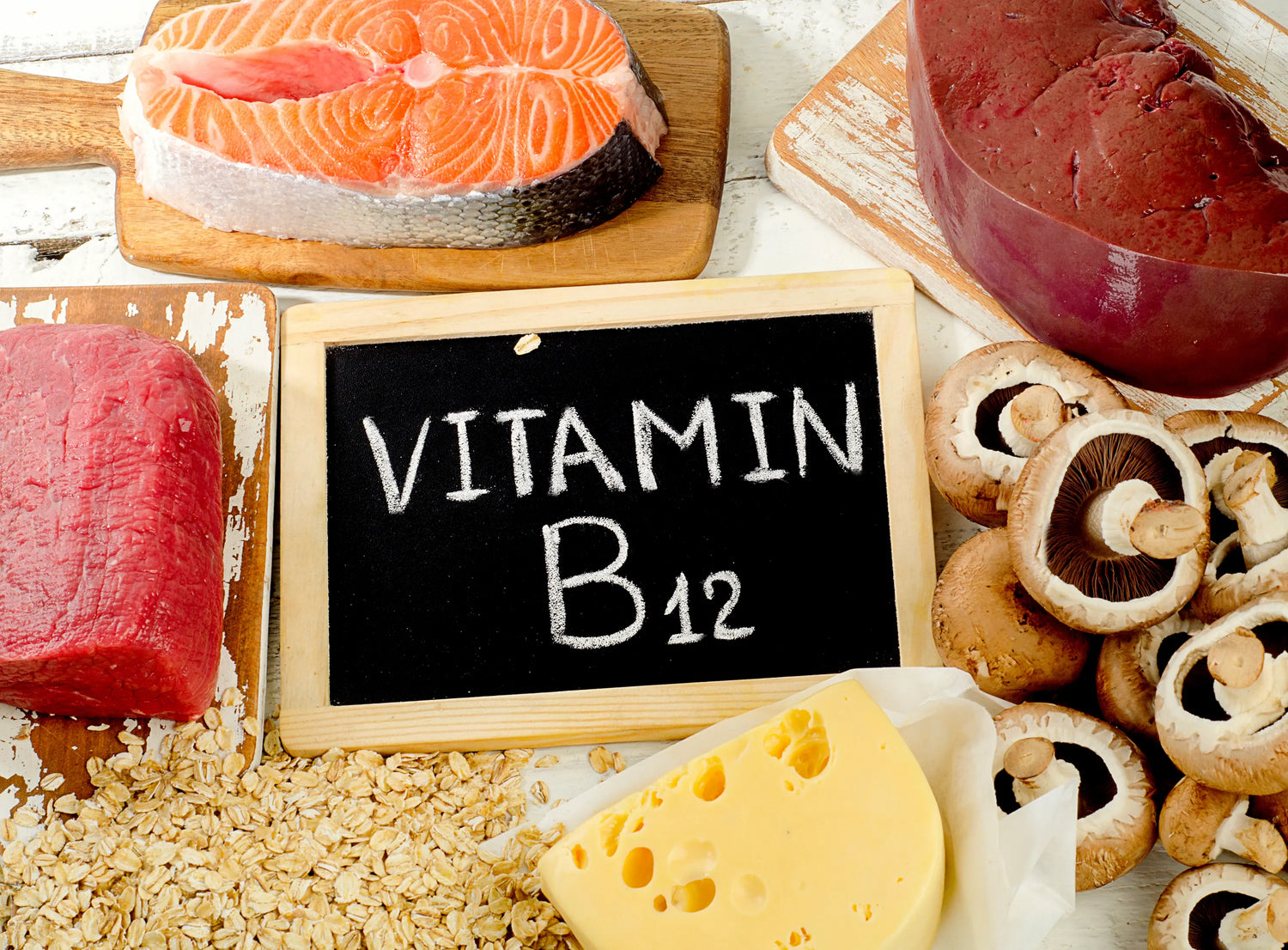
Vitamin B12 (Cobalamin)
Vitamin B12, like the other B vitamins, is an important nutrient that is critical to metabolism, nerve function, the formation of red blood cells, and many important body reactions. Vitamin B12 supplements are commonly used to impact energy levels in the body, and are often used by people for a quick burst of energy. Millions are diagnosed with Vitamin B12 deficiencies, so proper intake of this vitamin is crucial to optimum health. The National Institutes of Healh (NIH) has a Vitamin B12 recommended daily allowance (RDA) for adults of 2.4 mcg per day.
Shop Now
Vitamin C (Ascorbic Acid)
Vitamin C, also called ascorbic acid, is a well-known vitamin that acts as an antioxidant, helping to remove unwanted materials from the body while protecting the immune system. Vitamin C supplements are commonly used to boost immunity, reduce inflammation, promote healthy teeth and gums. and help in the absorption of iron and aiding in wound healing. The U.S. Department of Healh and Human Services (HHS) has a Vitamin C recommended daily allowance (RDA) for adults of 75 mg per day.
Shop Now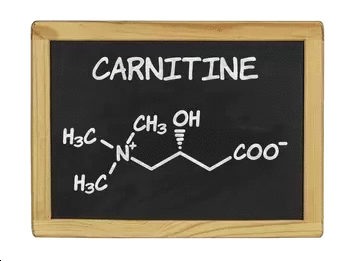
Carnitine
Carnitine helps the body to change fatty acids into energy. The body can convert Carnitine to other chemicals called acetyl-L-carnitine and propionyl-L-carnitine. Carnitine is important for heart and brain function, muscle movement, and many other body processes. Carnitine supplements are commonly used for L-carnitine deficiency, heart conditions, blood vessels, kidney disease, and other conditions. The U.S. Department of Healh and Human Services (HHS) has a Carnitine recommended daily allowance (RDA) for adults of 15 mg per day.

Choline
Choline is a nutrient similar to B vitamins and helps in normal functioning of the brain and nervous system. Choline supplements are commonly used for Choline deficiencies and liver support. The U.S. Department of Healh and Human Services (HHS) has a Choline recommended daily allowance (RDA) for adults of 500 mg per day.

Vitamin A (Retinol)
Vitamin A is a key vitamin that acts as an antioxidant and helps form and maintain healthy teeth, bones, soft tissue, mucous membranes, and skin. Also known as “retinol” because it produces the pigments in the retina of the eye and helps promote good eyesight. It also has a key role in maintaining a healthy pregnancy and afterwards while breast feeding. Vitamin A supplements are most commonly used for aiding Vitamin A deficiency, aging skin, acne, cataracts, infections, and other conditions. The U.S. Department of Healh and Human Services (HHS) has a Vitamin A recommended daily allowance (RDA) for adults of 30,000 IU per day.
Shop Now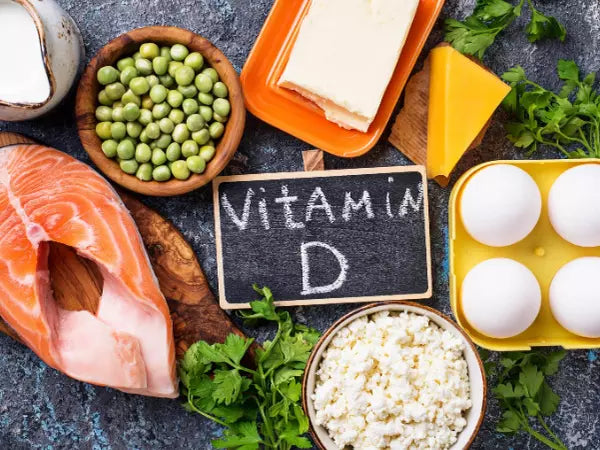
Vitamin D (Calciferol)
Vitamin D is a key vitamin that helps your body absorb calcium, a foundation for maintaining strong bones. It also helps maintain proper blood levels of calcium and phosphorus. Healthy levels of Vitamin D can also help the immune system stay balanced and also aids in your muscular and nervous systems. Vitamin D is known as the "sunshine vitamin," since it is made by the body after being in the sun. People who do not live in sunny places may not make enough vitamin D, and it is very hard to get enough vitamin D from food sources alone. Vitamin D supplements are most commonly used to prevent Vitamin D deficiency, brittle bones, heart disease, asthma, hay fever, and other conditions. The U.S. Department of Healh and Human Services (HHS) has a Vitamin D recommended daily allowance (RDA) for adults of 600 IU per day.
Shop Now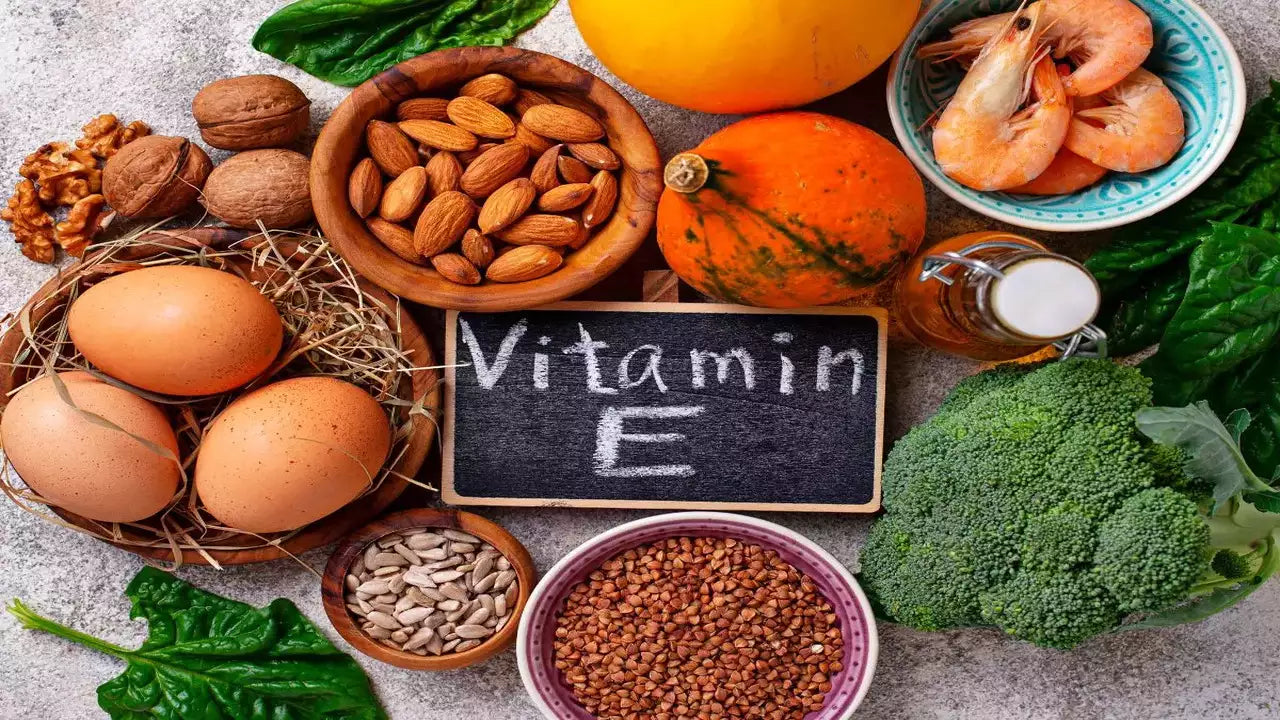
Vitamin E (Alpha Tocopherol)
Vitamin E is an antioxidant, also known as tocopherol, that is important to the body as it helps protect the body form red blood cells, use vitamin K, and maintain optimal function of many organs. It is also important to your vision, reproduction system, and the overall health of your brain, blood, and skin. Vitamin E supplements are most commonly used for helping Vitamin E deficiency, genetic disorders, and other conditions. The U.S. Department of Healh and Human Services (HHS) has a Vitamin E recommended daily allowance (RDA) for adults of 25 IU per day.
Shop Now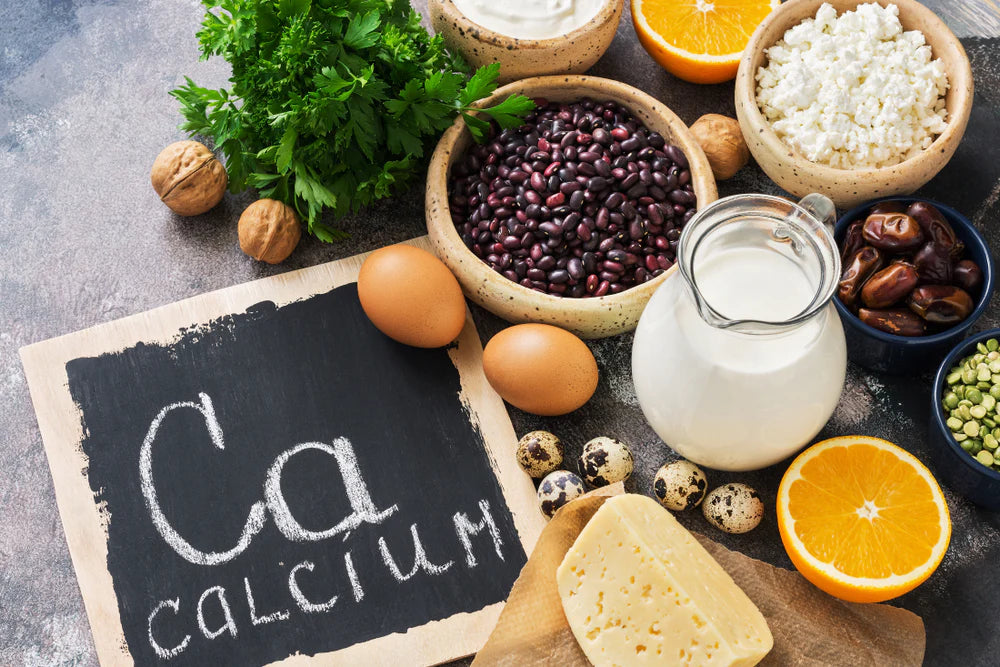
Calcium
Calcium is the most plentiful mineral in the body and is important in maintaining a strong skeletal structure, especially teeth and bones. Calcium also aids in key functions, such as communication of nerve signals, and even helping you to maintain a regular heartbeat. Calcium supplements are commonly used for low calcium levels, rebuilding strong bones, muscle cramps, osteoporosis, PMS, high blood pressure, cancer, stroke, and other conditions. The U.S. Department of Healh and Human Services (HHS) has a Calcium recommended daily allowance (RDA) for adults of 1,000 mg per day.
Shop Now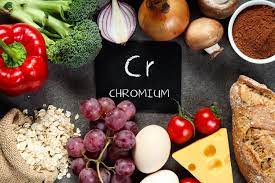
Chromium
Chromium is an essential trace mineral that helps keep blood sugar levels normal by improving the way the body uses insulin. Chromium supplements are commonly used for Chromium deficiency, diabetes, high cholesterol, athletic performance, bipolar disorder, and other purposes. The U.S. Department of Healh and Human Services (HHS) has a Chromium recommended daily allowance (RDA) for adults of 35 mcg per day.

Copper
Copper is needed for respiratory enzymes and the development of red blood cells. Copper supplements are commonly used for Copper deficiency, problems in the blood and blood vessels, skeletal defects, and hair color and texture changes. The U.S. Department of Healh and Human Services (HHS) has a Copper recommended daily allowance (RDA) for adults of 900 mcg per day.
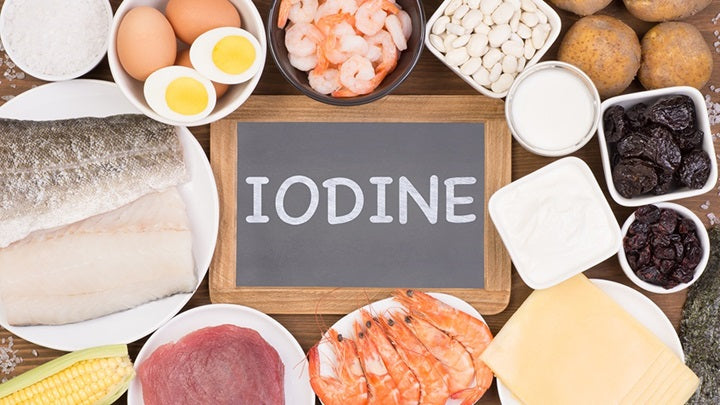
Iodine
Iodine is an important mineral in making thyroid hormones and supports important functions in the body such as metabolism as it is required for cells to alter your food into energy. Iodine deficiency is one of the most common and preventable world health problems. Iodine supplements are commoly used for iodine deficiency, pink eye, gum infections, wound healing, goiter, thyroid disorders, and other conditions. The U.S. Department of Healh and Human Services (HHS) has a Iodine recommended daily allowance (RDA) for adults of 150 mcg per day.
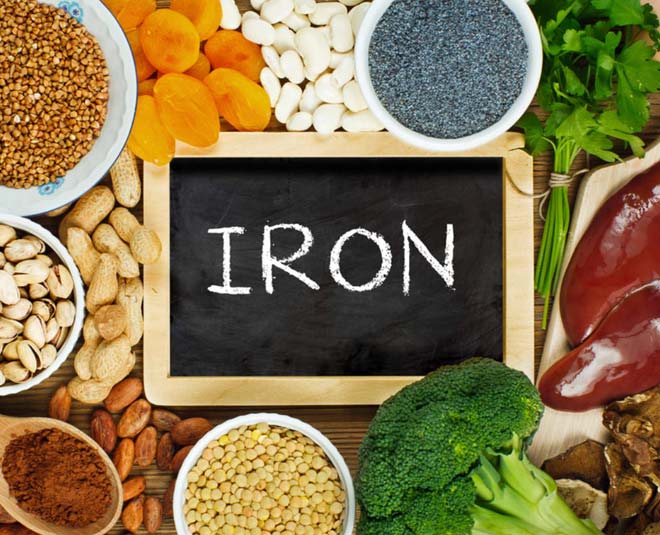
Iron
Iron is an important mineral as Iron is part of hemoglobin, the component of red blood cells that transport oxygen from your lungs through your entire body. If you don’t have enough healthy red blood cells in your body, you could be getting a less than ideal amount of oxygen throughout your body and suffer from exhaustion. Iron supplements are commonly used for iron deficiency, anemia, heart failure, fatigue, memory skills, and other conditions. The U.S. Department of Healh and Human Services (HHS) has a Iron recommended daily allowance (RDA) for adults of 8 mg per day.
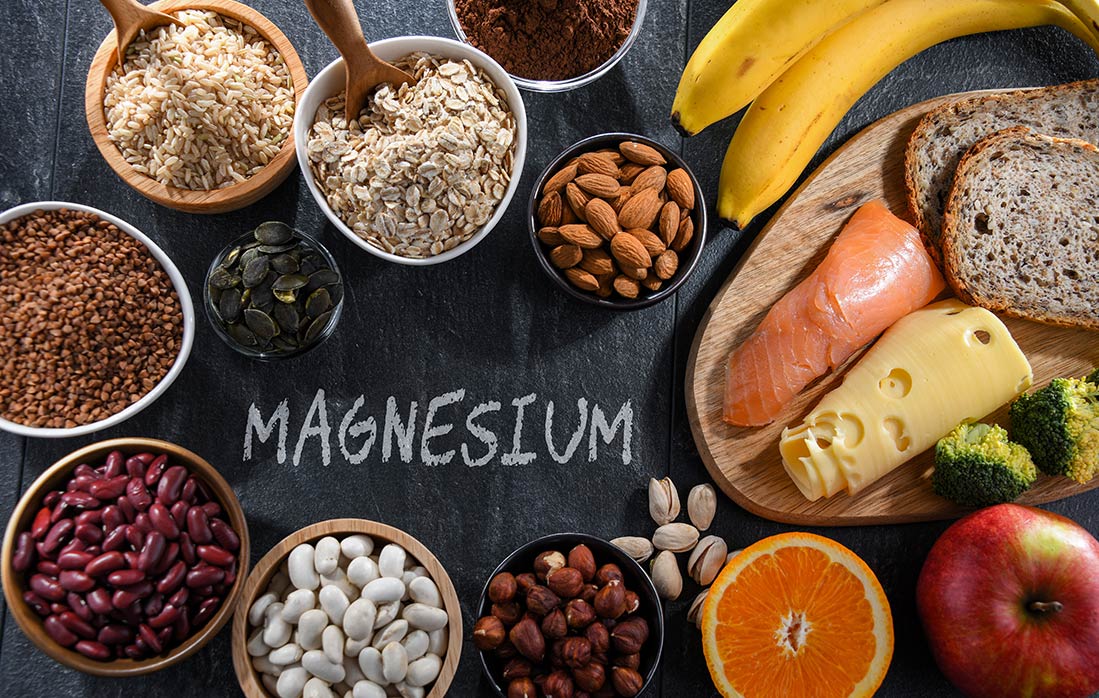
Magnesium
Magnesium is an important mineral for aiding with energy production and helping to support muscle and nerve function as well. Low magnesium levels in the body have been linked to osteoporosis, high blood pressure, clogged arteries, hereditary heart disease, diabetes, and stroke. Magnesium supplements are most commonly used for magnesium deficiency, heartburn, constipation, irregular heartbeats (torsades de pointes), and other conditions. The U.S. Department of Healh and Human Services (HHS) has a Magnesium recommended daily allowance (RDA) for adults of 400 mg per day.
Shop Now
Manganese
Manganese is an vital mineral needed for normal bone structure, reproduction, and growth. Manganese supplements are commonly used for Manganese deficiencies and other conditions. Manganese plays a crucial role in the body’s antioxidant defense system, and also plays a role in glucose and fatty acid metabolism. The U.S. Department of Healh and Human Services (HHS) has a Manganese recommended daily allowance (RDA) for adults of 2.3 mg per day.
Shop Now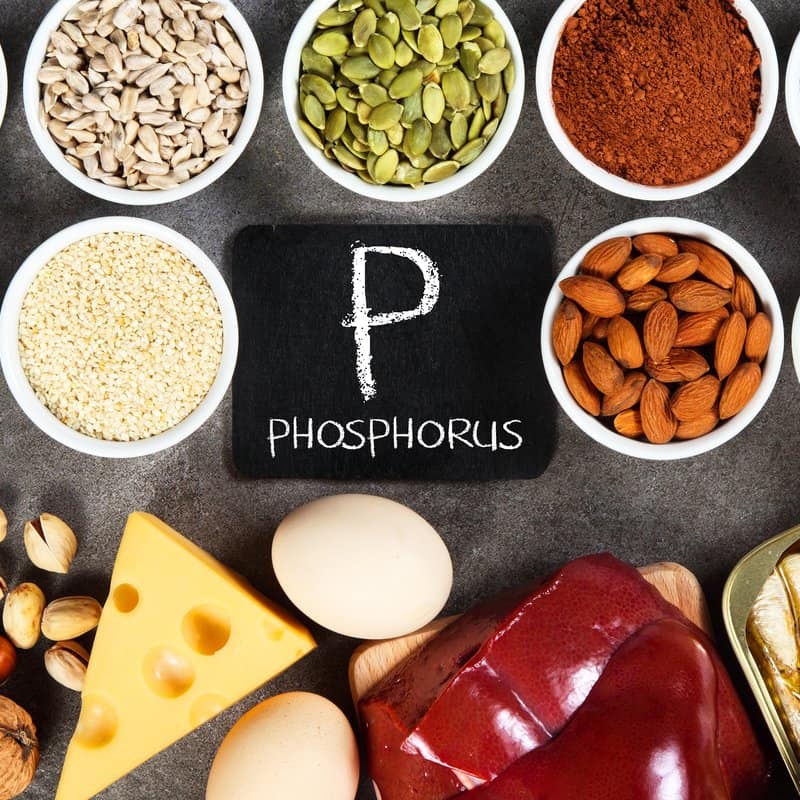
Phosphorus
Phosphorus is a key mineral that helps build and repair bones and teeth, helps nerves function, and makes muscles contract. Phosphorus supplements are commonly used for Phosphorus deficiency, which can lead to bone diseases and growth restriction. The U.S. Department of Healh and Human Services (HHS) has a Phosphorus recommended daily allowance (RDA) for adults of 700 mg per day.
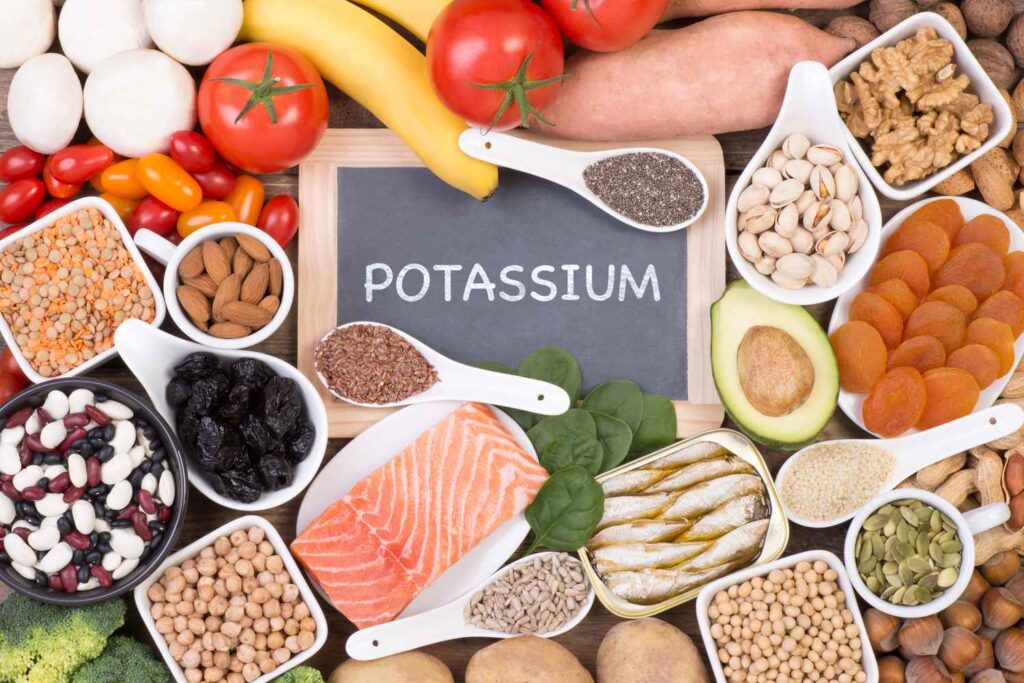
Potassium
Potassium is a key mineral and electrolyte that helps your cells, nerves, and muscles all function properly and aids in regulation of your heartbeat and blood pressure. Potassium also plays a role in the transmission of nerve signals, muscle contractions, fluid balance, and various chemical reactions. Potassium supplements are most commonly used for low potassium levels, prediabetes, high blood pressure, preventing stroke, and other conditions. The U.S. Department of Healh and Human Services (HHS) has a Potassium recommended daily allowance (RDA) for adults of 3,400 mg per day.
Shop Now
Selenium
Selenium is a trace mineral that takes part in antioxidant activity that defends against free radical damage and inflammation, and plays a key role in maintaining a healthy metabolism. Selenium supplements are commonly used for Selenium deficiency, increasing immunity, and other conditions. The U.S. Department of Healh and Human Services (HHS) has a Selenium recommended daily allowance (RDA) for adults of 55 mcg per day.
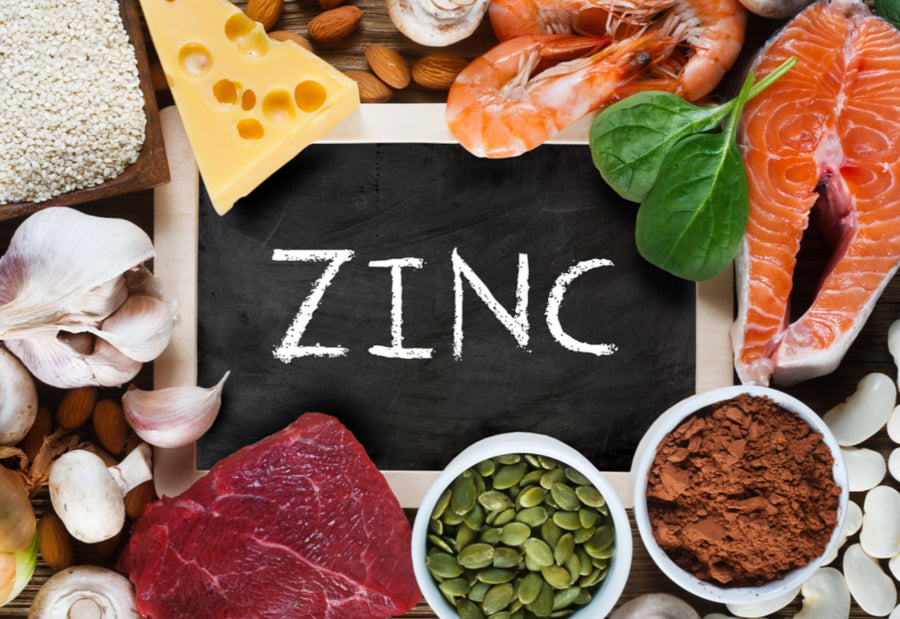
Zinc
Zinc is an essential mineral is not produced or stored by your body and is a key component to many processes such as immune function, wound healing, and overall growth and development. It is present in every cell in your body and low levels can put you at risk for illness. Zinc supplements are most commonly used for zinc deficiency, diarrhea, acne, diabetes, anorexia, burns, and other purposes. The U.S. Department of Healh and Human Services (HHS) has a Zinc recommended daily allowance (RDA) for adults of 11 mg per day.
Shop NowJoin Us and Save!
Enter your email to receive savings and discounts.
Get 50% OFF Your Order!





